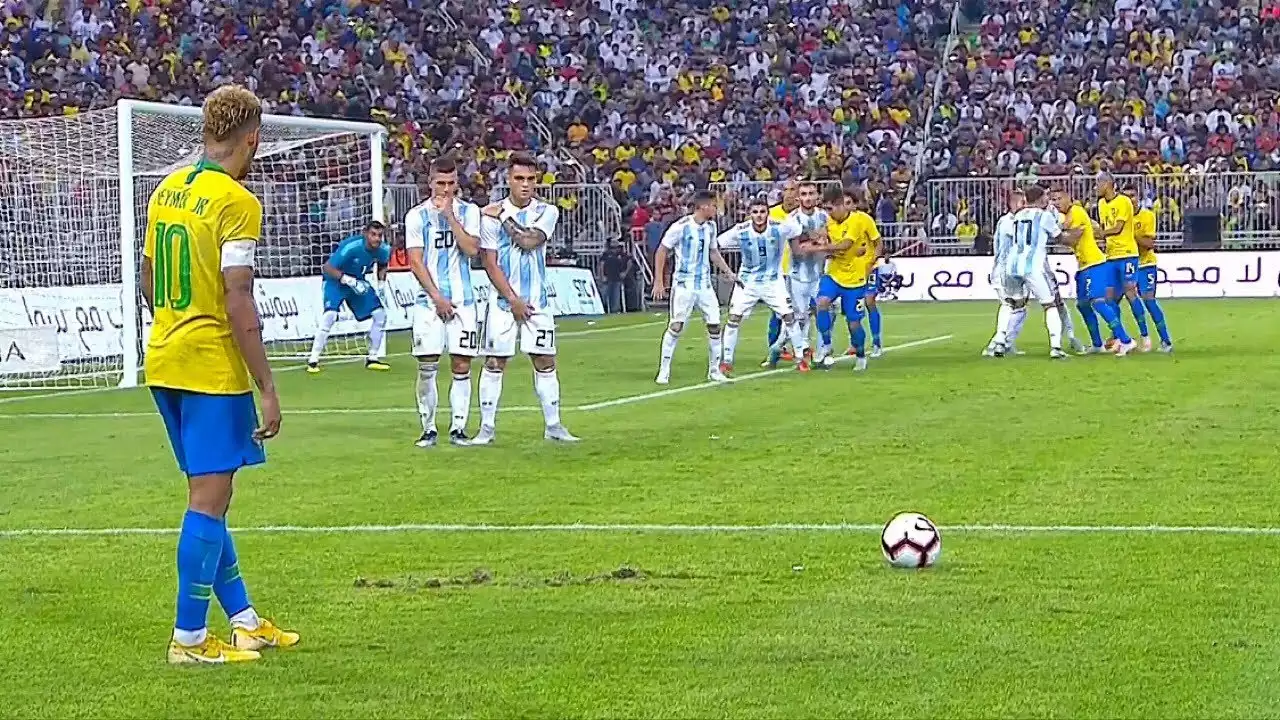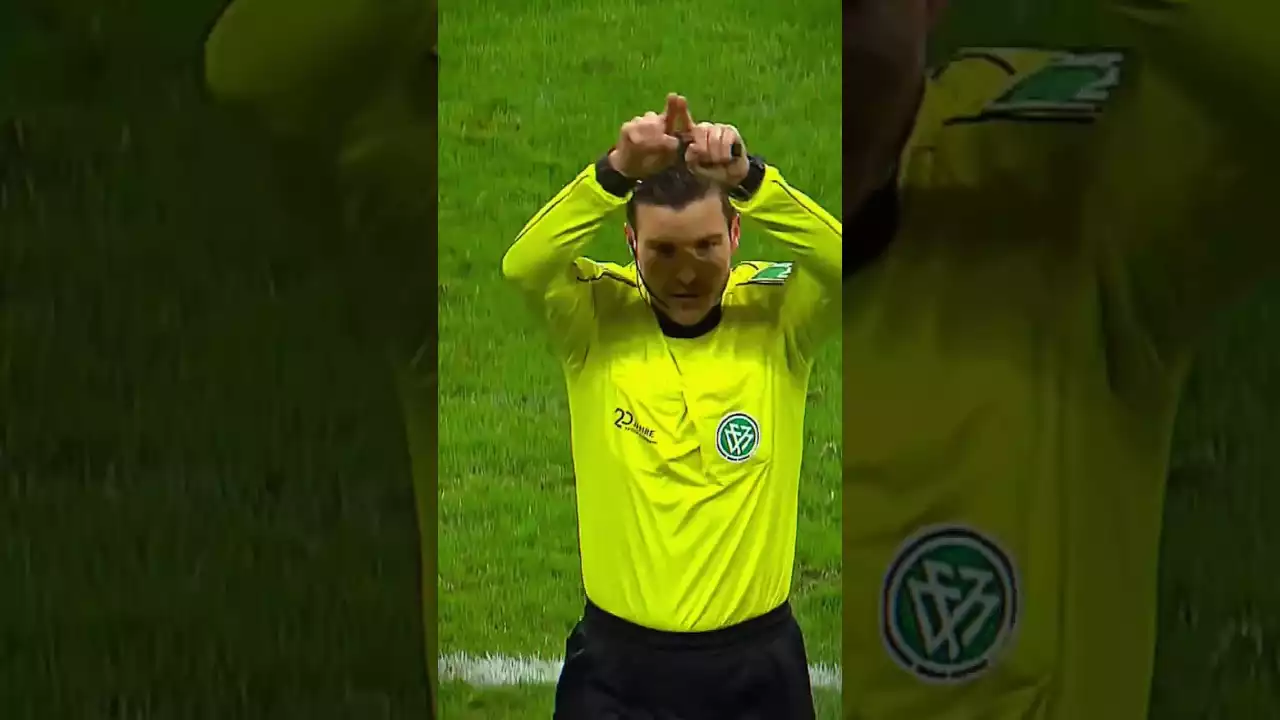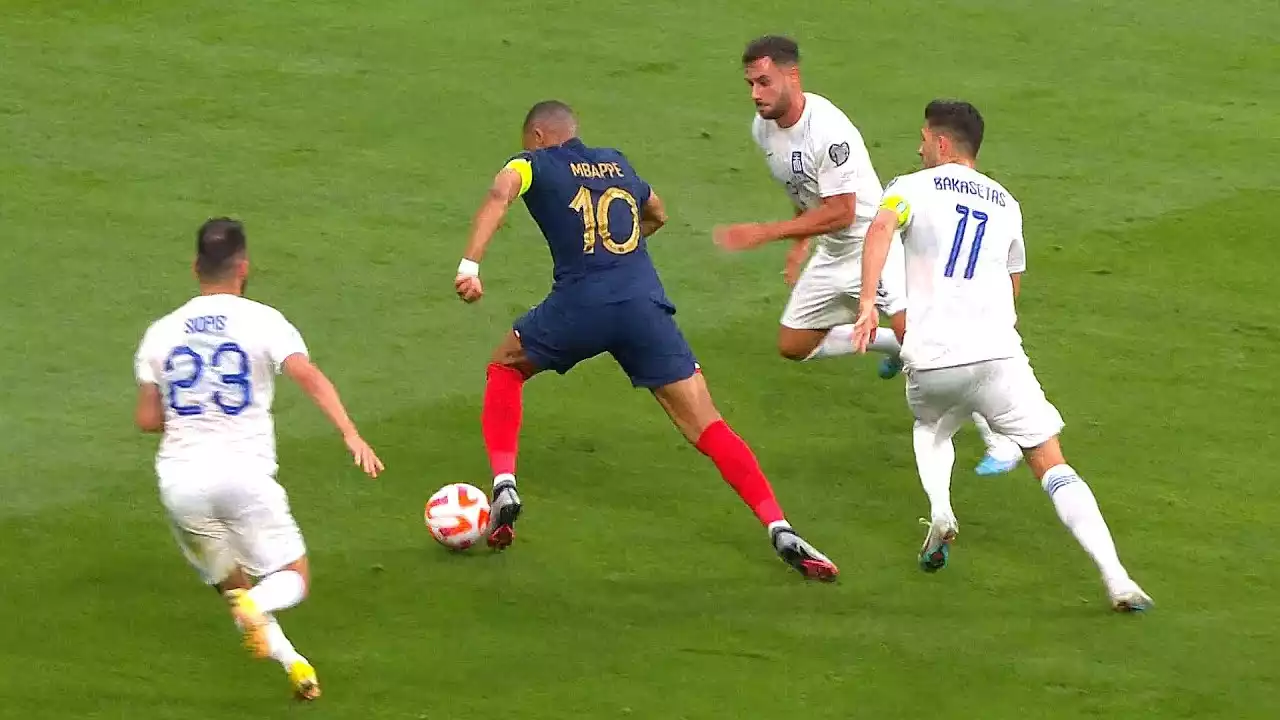Basic rules of Olympic football
Football, also known as soccer, is one of the most popular sports in the world. The game is played between two teams, each consisting of eleven players, with the objective of scoring more goals than the opposing team. The basic rules of Olympic football are similar to those of regular football, with a few key differences.
In Olympic football, matches consist of two halves, each lasting 45 minutes. The team that scores the most goals at the end of the game is declared the winner. If the scores are level at the end of the match, the game may go into extra time or a penalty shootout to determine the winner.
Another important rule in Olympic football is the offside rule. This rule states that a player is in an offside position if they are closer to the opponent's goal line than both the ball and the second-to-last defender at the moment the ball is played to them. If a player is deemed offside, an indirect free kick is awarded to the opposing team from the spot where the offside infringement occurred.
Lesser-known Olympic football rules
While the basic rules of Olympic football are widely known, there are several lesser-known rules that can have a significant impact on the outcome of a match. Understanding these rules will give you a deeper appreciation for the intricacies of the game. Let's explore some of these lesser-known rules:
Rule 1: Offside rule variations
While the offside rule in Olympic football is similar to regular football, there are some key variations that make it unique. One such variation is the interpretation of the offside rule during free kicks. In regular football, a player cannot be offside from a free kick unless they are actively involved in play. However, in Olympic football, a player can be offside from a free kick regardless of their involvement in the play.
Another variation of the offside rule in Olympic football is the timing of the offside decision. In regular football, the offside decision is made when the player receives the ball. In Olympic football, the offside decision is made when the ball is played to the player, even if they haven't received it yet. This can lead to some unexpected consequences and strategic gameplay.
Rule 2: Squad size and substitution rules
In Olympic football, each team is allowed to register a squad of 22 players, including three goalkeepers. However, only 18 players can be selected for each match, with three substitutions allowed during the game. This means that coaches must carefully manage their squad and tactics to make the best use of their available players.
One interesting rule regarding substitutions in Olympic football is the "fourth substitution" rule. This rule allows teams to make an additional substitution if the match goes into extra time. This can provide teams with an opportunity to introduce fresh legs and tactical changes in the crucial moments of the game.
Rule 3: Age restrictions for players
Unlike other football tournaments, the Olympic football tournament has age restrictions for players. The men's tournament is limited to under-23 players, with the exception of three overage players allowed per team. This rule aims to promote youth development and provide a platform for young talents to showcase their skills on the global stage.
On the other hand, the women's tournament does not have age restrictions, allowing teams to field their strongest squad regardless of age. This rule ensures that the women's tournament is highly competitive and showcases the best talent from around the world.
Rule 4: Homegrown player regulations
In Olympic football, there are regulations in place to promote the development of homegrown players. Each team participating in the tournament is required to include a certain number of players who have been trained by their club or association for a specific period of time. This rule encourages clubs to invest in their youth academies and develop local talent.
The homegrown player regulations also aim to maintain a level playing field by preventing teams from simply buying talent from other clubs. This ensures that the tournament is a true representation of each country's football development and grassroots efforts.
Rule 5: Yellow card accumulation and suspensions
In Olympic football, players who accumulate a certain number of yellow cards throughout the tournament may face suspensions. If a player receives two yellow cards in two different matches, they will be suspended for the next match. However, if a player receives a red card, they will be automatically suspended for the next match, regardless of the number of yellow cards they have accumulated.
This rule adds an extra layer of strategy for coaches, who must carefully manage their players and substitutions to avoid unnecessary suspensions. It also ensures fair play and discourages players from engaging in reckless or unsportsmanlike behavior.
Rule 6: Penalty shootout rules
In the event of a draw at the end of a knockout match, Olympic football employs a penalty shootout to determine the winner. The penalty shootout follows a specific sequence, with each team taking turns to shoot from the penalty spot. If the scores are still level after each team has taken five penalties, the shootout continues in a sudden death format, where each team takes one penalty at a time until a winner is determined.
One unique aspect of penalty shootouts in Olympic football is that teams can only select from the players who were on the pitch at the end of the match. This means that substitutions made during extra time do not have the opportunity to participate in the penalty shootout, adding an element of pressure and strategy for coaches.
Rule 7: Extra time and golden goal rule
In Olympic football, if a knockout match ends in a draw at the end of regular time, the game goes into extra time. Extra time consists of two halves of 15 minutes each, with teams switching ends at halftime. If the scores are still level at the end of extra time, the match may be decided by the golden goal rule.
The golden goal rule states that the first team to score a goal during extra time is declared the winner. This rule adds an exciting element to the game, as teams strive to score that crucial goal to secure victory. However, if neither team manages to score during extra time, the match proceeds to a penalty shootout.
Rule 8: Fair play rules and sportsmanship
Olympic football places a strong emphasis on fair play and sportsmanship. In addition to the usual rules and regulations, there are specific fair play rules in place to ensure that teams conduct themselves in a respectful and sportsmanlike manner.
If a team accumulates a certain number of disciplinary points based on yellow and red cards, they may face disciplinary action, including fines and potential disqualification from the tournament. This rule encourages players to compete with integrity and respect for the game, promoting a positive and fair environment for all participants.
Olympic football is not just about the goals and the glory. It is a game filled with intriguing rules and regulations that add depth and complexity to the sport. By understanding these lesser-known rules, you can gain a deeper appreciation for the tactics, strategy, and sportsmanship involved in Olympic football.
So, the next time you watch an Olympic football match, keep an eye out for the offside variations, the impact of substitutions, the age restrictions, and the fair play rules. These lesser-known rules may just unravel the secrets and unlock a new level of enjoyment for you as a football fan. Let's celebrate the beautiful game and the hidden gems it holds in Olympic football!









